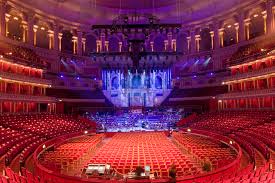12 ways Covid has changed classical music forever
mainA thoughtful piece by our Toronto pal Michael Vincent:
What do you do when an entire art form becomes a health risk?
The good news is, the classical music industry has adapted to changing market conditions before. Over the past half-century, it has endured the Small Pox, Cholera, and Spanish Flu.
Fast-forward to 2020, and the coronavirus has hit the events sector with the calamity of the decade (perhaps century). What initially looked like a localized pandemic isolated in China, has become a global existential crisis, stumping some of the world’s smartest viral researchers.
The most critical question is when does this pandemic end? The short answer is, it may not for a long time. Even with a global race to develop a vaccine, it may take years to develop, if ever. The SARS vaccine took 20 months. Flu vaccines are only partially effective, and an AIDS vaccine has never been found. Scientists are hard at work, but we should not wait for one to move forward.
Many of the changes facing the events industry appear to be built on the hesitation surrounding contact with the virus through touch or in its aerosolized form.
There are trends supporting the de-globalization of the arts, at least currently, and a new focus that will see digital productions grow exponentially. For example, people are leaning heavily into digital infrastructure and communicating/interacting via digital mediums. This facilitates online connectivity — at least in a memetic capacity.
So what does that change potentially look like? It’s the end of globalization, basically….
Keep on reading here.






Comments